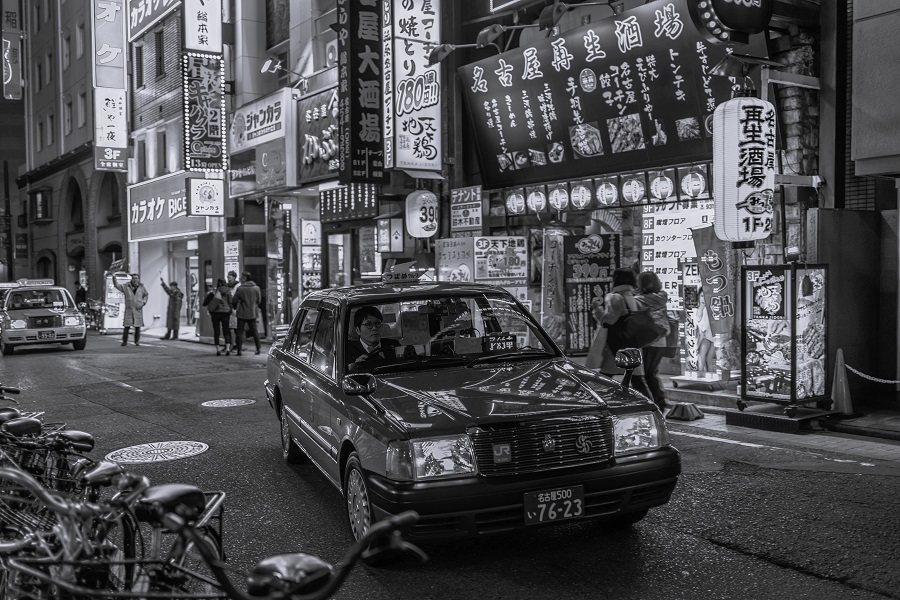Originally published June 2023.
When the shōgun of value investing in Japan says “jump,” my only possible response is “Hai, sensei! How high?” So, it is no coincidence that when the oracle of Omaha, Buffett-sama flagged Japanese trading companies as too cheap to ignore and bought significant equity stakes in them, it was time to jump into the Empire of the Rising Nikkei. Sumitomo, Mitsui, Itochu, Mitsubishi and Marubeni, the legendary “sōgō shōsha” whose global trading networks engineered Meiji Japan rise to General Tojo’s imperial war machine and then peaceful, baseball and ikebana loving post-war Japan’s economic miracle.
Warren Buffett has more than doubled his money in the Big Five trading companies in Tokyo, but my fave – Mitsui – is up almost 60% in Tokyo in 2023. Domo arigatō sensei! May the teardrops of the Sun Goddess Amaterasu that created the seven Celestial Islands of Dai Nippon also gift you long and prosperous life for all that you have done for Berkshire Hathaway shareholders. The bullish case for Japanese shares makes total sense to me. One, the economy has moved into a 3% inflation milieu, the sweet spot for equities. Two, more than half the listed companies on the Tokyo Stock Exchange trade below their book value. 70 activist funds in Japan are forcing companies to embrace the American cult of shareholder value optimization, transparent governance and share buybacks.
The yen is easily the cheapest G7 currency on any rational PPP model. It is only a matter of time before the Bank of Japan, which has de facto nationalized the JGB government bond market and owns 50% of its outstanding bonds, has to abandon Kuroda-san’s yield curve control monetary regime. When that happens, the yen could be the mother of all FX lollipops at a time when a US recession means the interest rate spread between Uncle Sam IOUs (US Treasury notes) and JGBs will widen dramatically. The Japanese economy is earlier in its post-COVID/supply chain disruption recovery than either Europe, China, India or the US.
Japan is also the Big Daddy of Asia with $3.5 trillion in free float market capitalization against $2 trillion in Shanghai and $1 trillion in India’s Dalal Street. It is no coincidence that the Nikkei Dow is one of the world’s top performing stock markets, now at a 30-year high but still well below its bubble peak at 39,000 in December 1989.
Japanese corporates have 25% excess cash on their balance sheets and pricing power in an economy that has finally exorcised the deflationary demons of its two lost decades. A decade ago, I remember PM Shinzo Abe on the floor of the NYSE telling the world “buy my Abenomics.” Abe-san is no longer with us, murdered in cold blood by a deranged assassin, but his three macro arrows of Abenomics – fiscal stimulus, zero interest rates, and structural reforms – set the stage for Asia’s next epic bull market in Marunouchi.
Japanese megabanks Sumitomo Mitsui and Mitsubishi UFJ are my lodestars in the Nikkei’s macro brave new world.








